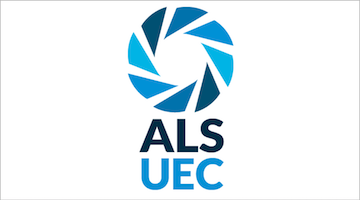All publications resulting from work done in whole, or in part, at the ALS must be recorded by the User Office for the Department of Energy (DOE). Please help ensure our records are complete by reporting your ALS publications, especially those published in 2021 and 2022. Read more »
ALSNews Vol. 441
August 31, 2022
August 2022 Message from the UEC
Ming Yi, UEC chair, celebrates a successful User Meeting. This year’s virtual meeting has inspired new ideas for ways to bring science to more people in the future. She encourages the user community to get involved by submitting feedback or even joining the UEC. Keep an eye out for the call for new member nominations. Read more »
ALS in the News (August 2022)
-
-
-
- Scientists grow lead-free solar material with a built-in switch
- Protein structures aren’t set in stone
- DOE announces $540 million for technologies to transform energy production and cut emissions
- A faster way to study 2D materials for next-generation quantum and electronic devices
- R&D 100 Awards honor seven Berkeley Lab innovations (IR spectral phenotyping)
- New insights into a dynamic protein targeted in cancer therapy
- Dr. Patrick Naulleau, Ph.D., named CEO of EUV Tech, Inc.
- Breaking boundaries in IR imaging to explore multiscale microbial activity in Arctic soils
-
-
